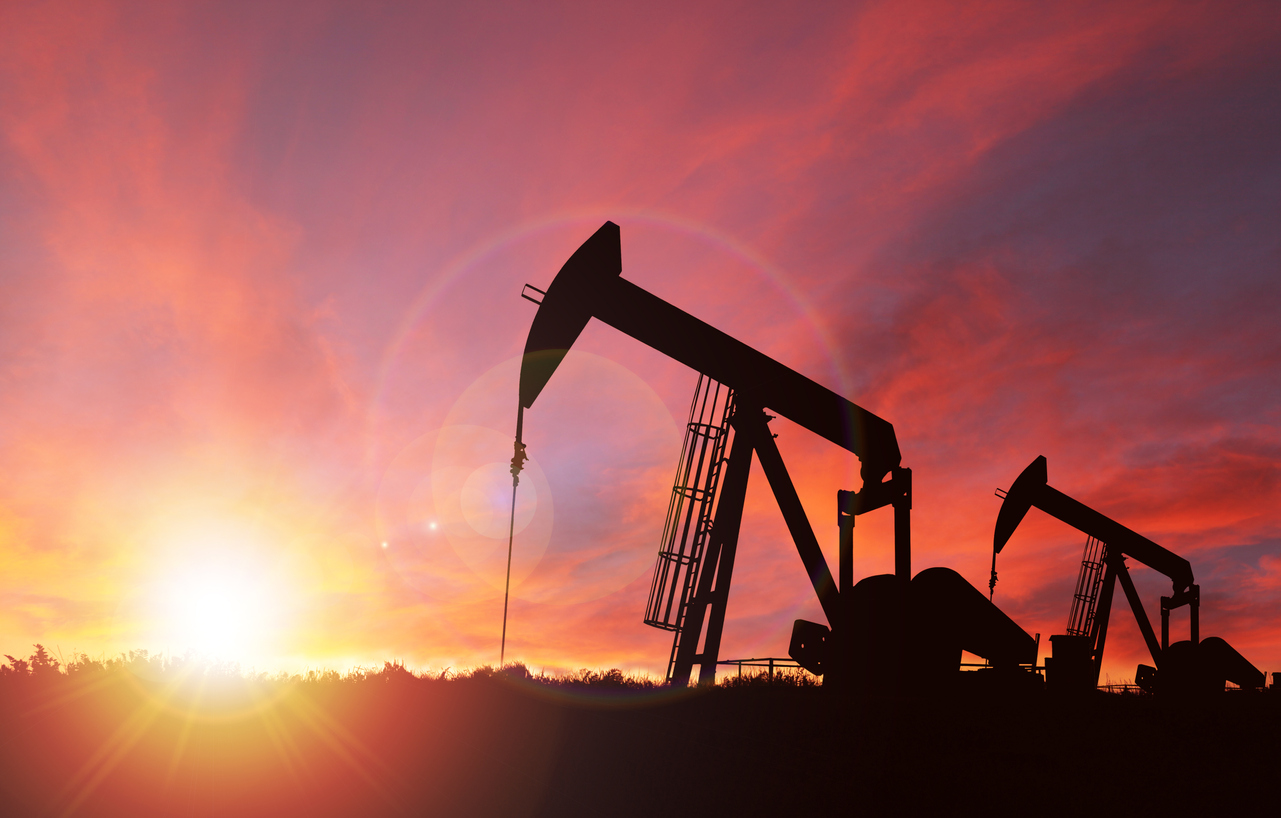Three Ways to Make Your Oil Well Intervention More Successful
Evaluate the Water Sources
When you find a promising well location, it’s important to assess the quality of the water you’ll be using to manage the well. The more water you use, the better your well will perform. However, as the saying goes, “the more you use, the more you have to fix.” If the water you’re drawing from your well is bad, it could be preventing your well from producing at the best possible rate.
Your water source can have an impact on your well’s productivity, so it’s important to identify potential issues as soon as possible. Bad water sources can include surface water that’s been contaminated by farm runoff, or municipal water that’s been improperly treated. If your water source could be preventing your well from reaching its full potential, a water quality test could identify the issue.
Inspect and Repair Well Equipment
There are many components in a well that can become damaged or worn out over time. If you don’t have a way of monitoring these components, it could lead to significant problems in the future. When it comes to equipment, it pays to be proactive. If you notice any issues with your well equipment, you have the opportunity to have them repaired before they become major issues. Over time, components such as tubing, casing, and pumps will become damaged or wear out. When this happens, it will negatively affect the performance of your well. This can be prevented by having these components inspected and repaired if necessary. Proactive inspections and repairs can prevent problems from arising that could result in decreased well productivity.
Incorporate Advanced Technologies
Well interventions are a great opportunity to integrate new technologies that could help your well become more productive. Advances in imaging and data analysis technologies can offer a significant advantage to oil and gas producers. These tools allow producers to monitor their wells, identify potential issues, and repair them before they become major problems. Advanced imaging technologies, in particular, could offer an advantage to producers. These technologies, when paired with data analysis tools, could offer producers access to well data that they currently don’t have.
Build a Network of Collaborators
Once your well is up and running, you’ll have to work with your partners to maintain your well’s productivity. Building a network of stakeholders who can help you maintain your well will provide you with a stable of partners to turn to when you need help. Once you have your network of collaborators, you can use them as a source of help and advice when it comes to maintaining your well. Participating in industry events and conferences, connecting with and befriending other oil and gas producers, and building a strong network of stakeholders can help you find solutions to problems as they arise. Having a network of collaborators can help you identify and solve problems as they arise. Collaborators can also be a source of help and advice when it comes to maintaining your well.
Bottom Line
Improving your oil and gas well is a challenge that will require a great deal of effort. The more you know about your well, the better you’ll be able to address potential issues as they arise. By implementing the techniques we’ve outlined above, you can make your well more successful. Once you’ve implemented these best practices, you’ll have a better opportunity to maintain the productivity of your well. With a little bit of effort and planning, you can make your oil and gas well more successful.








LEAVE A COMMENT
You must be logged in to post a comment.